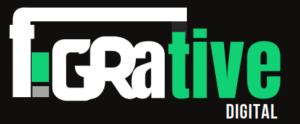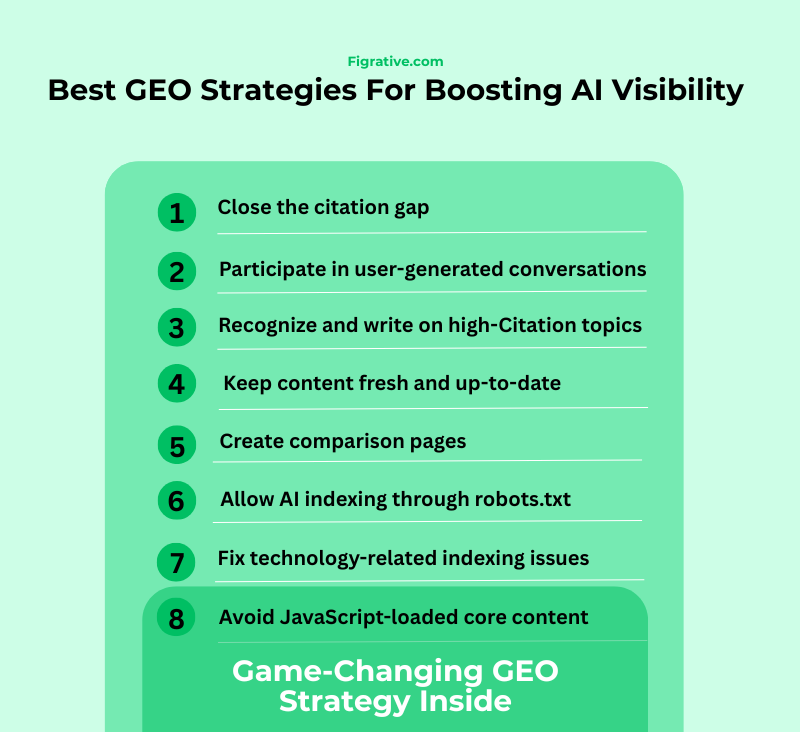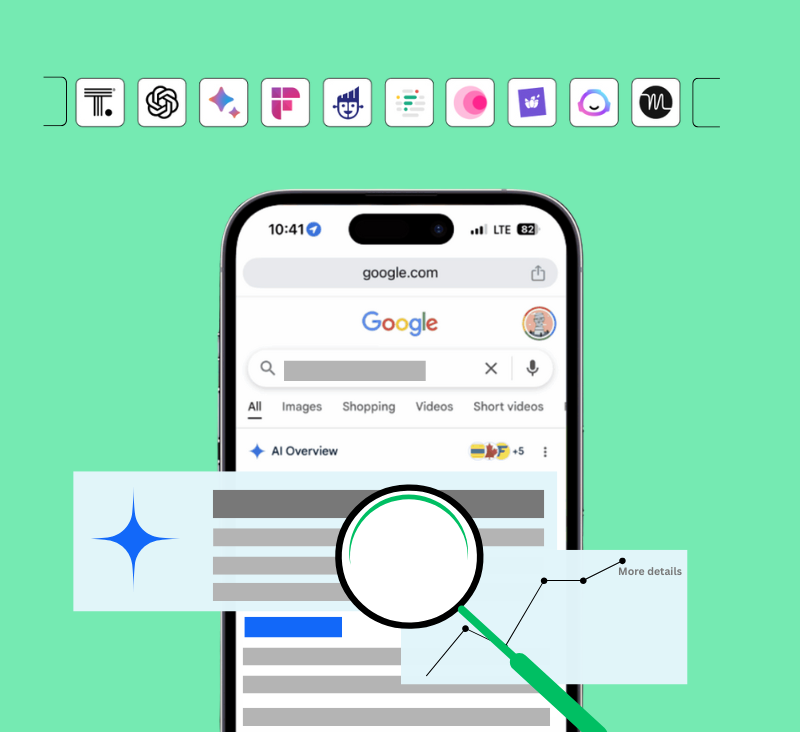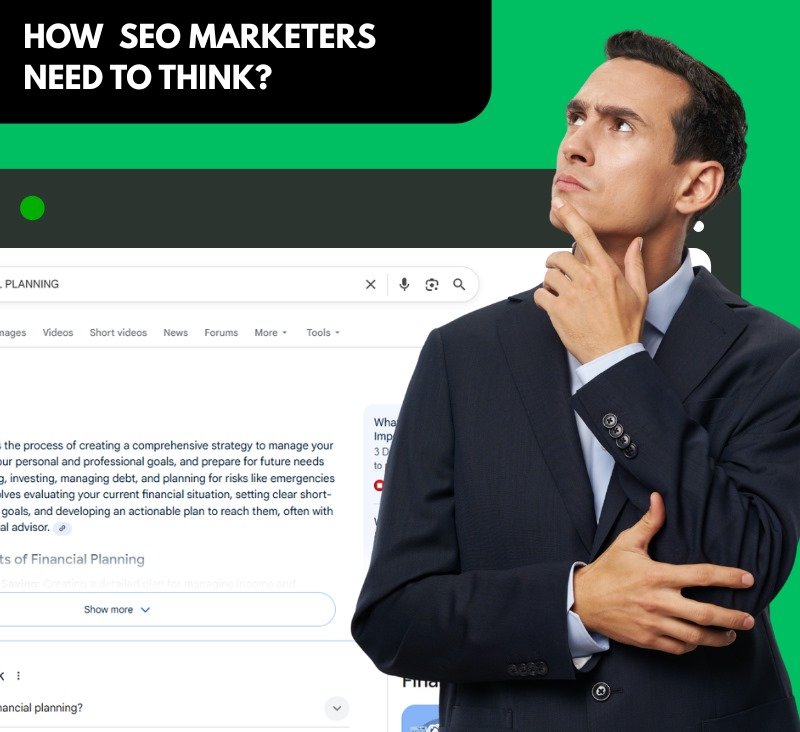In today’s digital landscape, AI search engines wield decisive power—often making the buyer’s first move before anyone visits your site, and it will be “future of search”. According to recent data, nearly 89% of B2B buyers rely on AI platforms such as ChatGPT during their research phase.
If your brand isn’t cited in these AI-generated responses, you’re out of the running before the conversation even begins. Picture a founder searching for “the best CRM for a small SaaS.” AI platforms surface well-known review articles, Reddit discussions, and side-by-side comparisons citing competitors by name—while your name is nowhere to be seen.
Why does this happen? AI looks for content that aligns with intent, not simply keywords. It weighs trusted third-party sources, community dialogue, and authoritative publications above promotional content. Essentially, AI values what others say about your brand more than what you say about yourself.
Many “Generative Engine Optimization” (GEO) tools only track mentions and missed prompts, leaving brands with complex reports instead of actionable steps. The following guide draws on in-depth research and hands-on testing to simplify GEO into eight practical steps, each accompanied by a diagnostic pointer and an actionable solution.
1. Close the Citation Gap
One of the most overlooked (and valuable) strategies is fixing your citation gaps.
A citation gap occurs when AI cites articles referencing your competitors—but not you. These sources form the citations AIs use for their answers. If you’re left out, you essentially become invisible when buyers ask for recommendations.
For example, if TechRadar lists Asana, Monday, and Notion in their “Best Collaboration Tools” piece, ChatGPT will reference this article in project management queries. Unless your brand is mentioned, you’re omitted from every relevant answer.
Solution:
- Compile a list of authoritative articles that mention competitors.
- Reach out to authors offering meaningful insights, fresh use cases, or updated product details.
- Secure placements in just a handful of these, and your AI visibility can soar.
2. Participate in User-Generated Conversations
AI increasingly leans on authentic user-generated conversations. The proportion of Reddit citations in AI answers has jumped 450% in just three months, while forums and UGC now represent over 21% of all AI references.
Why is this important? Platforms like Reddit, Quora, LinkedIn Pulse, and industry-specific forums offer candid, trusted information that AI can cite.
Solution:
- Identify evergreen discussion threads AI platforms repeatedly cite in your field.
- Contribute real insights, tips, or warnings—don’t use the opportunity solely to promote yourself.
- The more trusted your contributions, the more likely your brand is to appear in AI answers.
3. Recognize and Write on High-Citation Topics
AI doesn’t just cite one “best” article—it aggregates multiple sources that cover a topic thoroughly. If you haven’t produced content on key topic clusters, you remain invisible while competitors dominate.
Solution:
- Conduct a gap analysis to identify recurring topics frequently cited by AI (e.g., “Best software for small businesses,” “Tools under $50 per month”).
- Author comprehensive guides on these topics, ensuring you cover intent, depth, and relevant comparisons.
- Update regularly to maintain relevance.
4. Keep Content Fresh and Up-to-Date
Recency is a ranking factor for AI citations; content published or updated within the last three months is often favored. Outdated material quickly loses prominence, even if it was once a go-to source.
Solution:
- Weekly, update your top-performing pages with new stats, FAQs, or case studies.
- Regularly add value and update “Last Modified” timestamps.
- For less critical pages, refresh major sections and add new links or seasonal context at least bi-weekly.
- Monitor your citation presence to keep pace with competitors.
5. Create Thorough Comparison Pages
AI search engines are frequently asked to compare options. Detailed comparison content often dominates AI responses. “X vs Y” and “X vs Y vs Z” content—especially with structured tables or matrices—is highly favored.
Solution:
- Develop explicit, fair comparison content that outlines scenarios, features, pricing, and honest trade-offs.
- Include your brand, but remain unbiased and genuine about limitations.
- Use structured data where possible for easier AI parsing.
6. Allow AI Indexing Through robots.txt
Many websites unknowingly block the very AI crawlers they want to attract. ChatGPT, Claude, Perplexity, GoogleOther, and similar bots need open access to your site to surface your content in AI responses.
Solution:
- Whitelist essential AI bots (Claude-Web (Anthropic), PerplexityBot, GoogleOther (Gemini) ) in your robots.txt file.
Add to robots.txt:
User-agent: ChatGPT-User Allow: / User-agent: Claude-Web Allow: / User-agent: PerplexityBot Allow: /
- Audit your site logs to confirm these bots can access and crawl top priority pages.
7. Fix Technology-Related Indexing Issues
AI crawlers are sensitive to technical errors. Pages that throw 404 or 500 errors during crawls, or trigger anti-DDoS or CDN blocks, never show up in AI citations. Unlike Google, AI crawlers can be more aggressive and less forgiving.
Solution:
- Monitor for AI-specific crawl errors and whitelist reputable bots with your CDN provider.
- Track and resolve errors quickly to keep your site visible.
8. Avoid JavaScript-Loaded Core Content
A significant number of AI crawlers do not process JavaScript. If primary content requires JS to render, it will be invisible to AI search engines.
Solution:
- Test your web pages with JavaScript disabled to ensure key information remains visible.
- Where needed, implement server-side rendering or static site generation to guarantee accessibility.
Immediate Steps for Improving AI Visibility
To boost your presence in AI-generated answers:
- Secure strategic third-party citations and trusted mentions.
- Deliver high-authority content around the most cited topics and comparison needs.
- Remove technical barriers so that AI crawlers can access your site effectively.
While manual processes are viable, scaling this across an entire content library requires precise tracking and automation to ensure consistency. GEO platforms help identify citation gaps, update content, and uncover high-impact topics. Hence, your brand becomes part of essential AI responses and an AI-Driven SEO Strategy—ensuring you’re present when purchase decisions are made.












